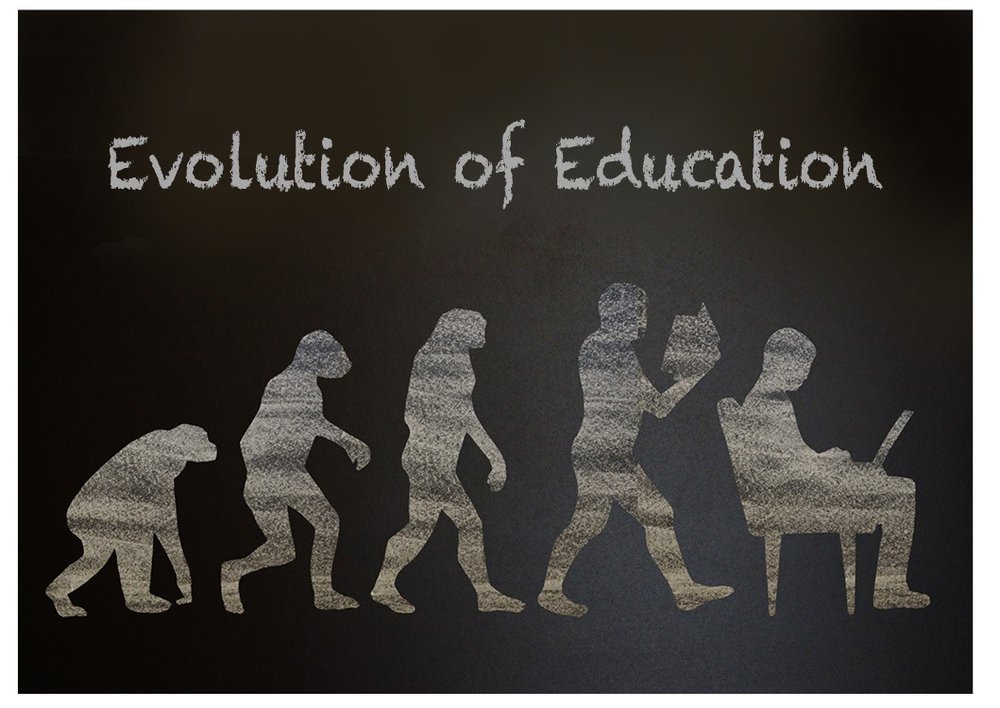As anyone over the age of 25 can tell you, technology has rapidly changed the way we do things in a relatively short period of time. We have gone from painstakingly slow dial-up access (can you still hear the modem noise?) and waiting minutes for a single image to load, to always on broadband access and streaming high definition video to our cell phones.
There are children growing up who don’t know a world without Google, who don’t know the feeling of simply having to make do with not knowing something, “just Google it,” they all say. These digital natives don’t know what the save button in Microsoft Word is for, or why people say “rewind” when they want to go back to something in a video. They grew up with iPads and touchscreens, wifi and blazing internet speeds. Without a doubt, technology has impacted nearly every aspect of our lives including education.
Technology’s Role in the Classroom
Technology’s role in the classroom has drastically increased in recent years – with technology funding jumping from around $800 million in the early 2000s to nearly $14.4 billion in 2015-16. With wireless connectivity, tablets, and video conferencing, classrooms are beginning to look less like rooms in a school building and more like the bridge of the Enterprise every day.
And as we progress, teachers are realizing that technology is not just a source of distraction for their students, but is actually a tool that can help students with a variety of learning styles to absorb information more effectively.
Adapting to Rapid Change
For district leaders, principals and teachers, being a good educator means constantly adapting to changing conditions, and using the most effective educational tools. This means embracing technology in the classroom.
A majority of students today believe that having tech in the classroom has helped them to learn, and educators agree. Giving teachers the tools, training and trust they need to provide their students with meaningful online experiences can help them make the leap from being users of digital technology, to capable citizens of an always-on digital world.
This generation will change how educators formulate lessons and interact with students. They were brought up in the global community thanks to the Internet. With more and more technology being used in the classroom, teachers are slowly easing into the idea of using web-based programs to engage their students.
This infographic, from journalist and blogger Anum Yoon and Sungard K-12, explores the digital curriculum and tech gadgets that are already being implemented around the country and how they’re impacting students and teachers.
Take a look at what the modern day classroom looks like—possibly those in districts and schools you’re working with—and get a glimpse at what the classroom of tomorrow will be.
INFOGRAPHIC: (Click to view)












